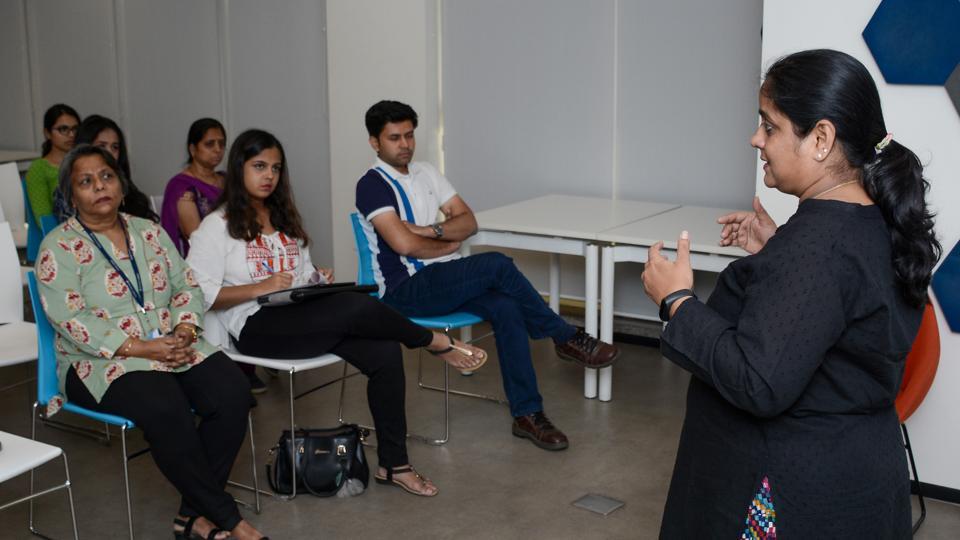Understanding Consent Session held at Pune Library on May 19
Understanding consent is an important deciding factor in a relationship, in the workplace and also among peers. Very often, “no answer” is misinterpreted as “yes”, thus causing serious violations of personal space, said Rama Sarode. The lawyer and practitioner of neuro linguistic programming (NLP) was speaking at a session held in the city on Saturday.
The discussion covered many topics including what consent is, how is it understood in the Indian context, how can it be given without causing misunderstanding, martial rape and consent in marriage.
Sarode said: “Non-verbal consent can create misunderstandings because it is ambiguous. You have to be clear and strong with their response and meaning. It is also the person’s responsibility to ensure that their consent is clearly understood.
The session highlighted how one can be careful about giving consent for each act. She added that in a relationship there is a thin line between consent and dissent, and you have to make sure the two are on the same page. “You have to understand that if one has given his consent to an act in a relationship, he also has the right to withdraw it. We have the right to change our mind. Then you have to know the reason for the withdrawal, was it real (incompatibility or otherwise) or orchestrated (pre-planned).
On martial rape and consent in marriage, Sarode said the topic was the need of the hour and there was a growing demand for spousal rape to be recognized. “This will help reduce sexual offenses within the institution of marriage,” she said.
The encounter also touched on consent in the workplace, as people presume and assume in this space. “Understanding verbal consent and applying it is a must. You have to be careful not to encroach on other people’s personal space, understand the word stop and not take responsibility. Don’t give in to stereotypes. All of this leads to poor communication and misunderstandings. One of those examples is that if the woman is wearing a certain outfit, people assume that she “asks” for it. People’s clothes are not signals, they are only clothes. Don’t assume. This is a presumption that people tend to make based on a belief in their subconscious. So it’s important to be open to ask and speak, rather than presuming, ”she said.


Comments are closed.